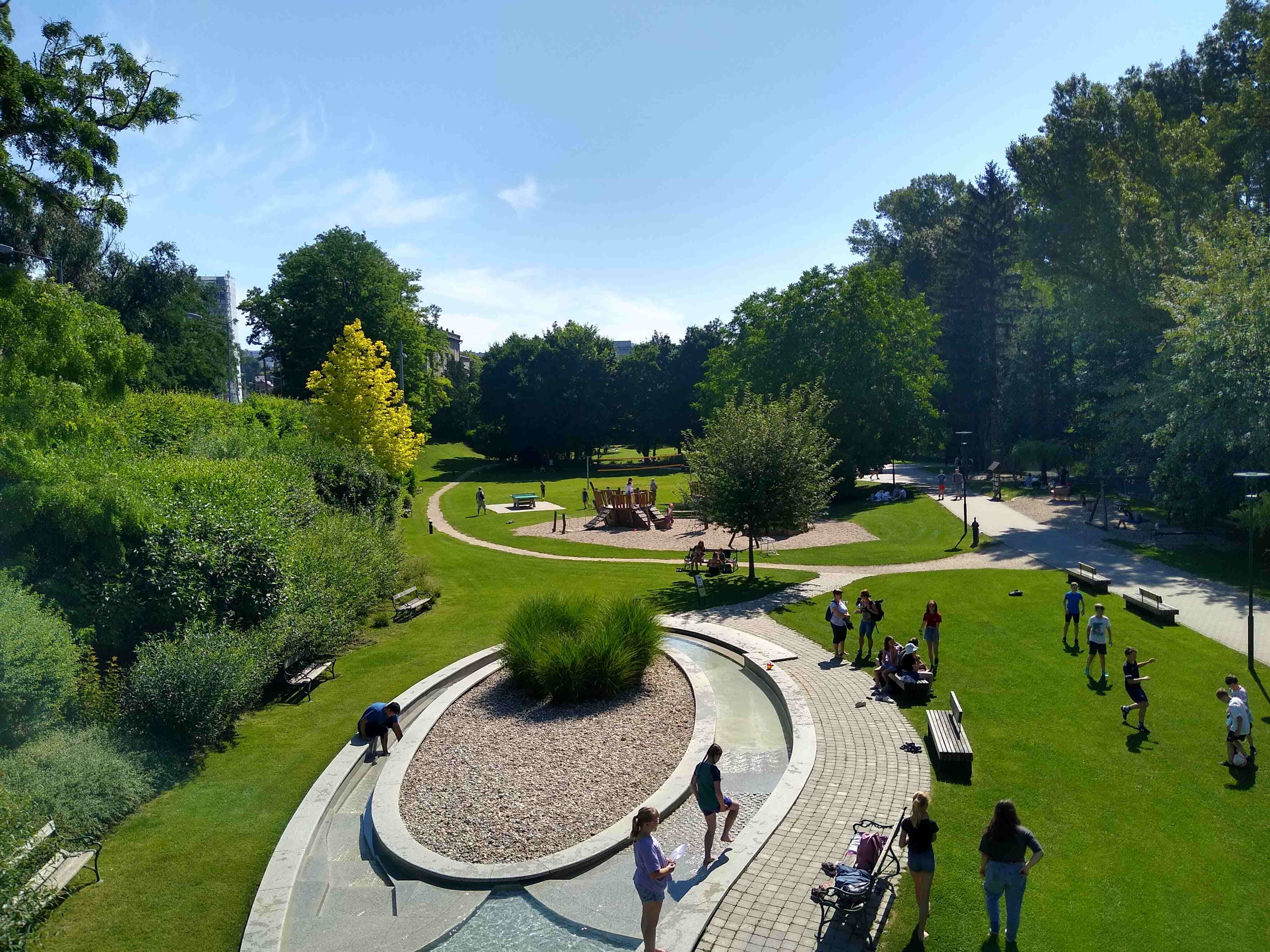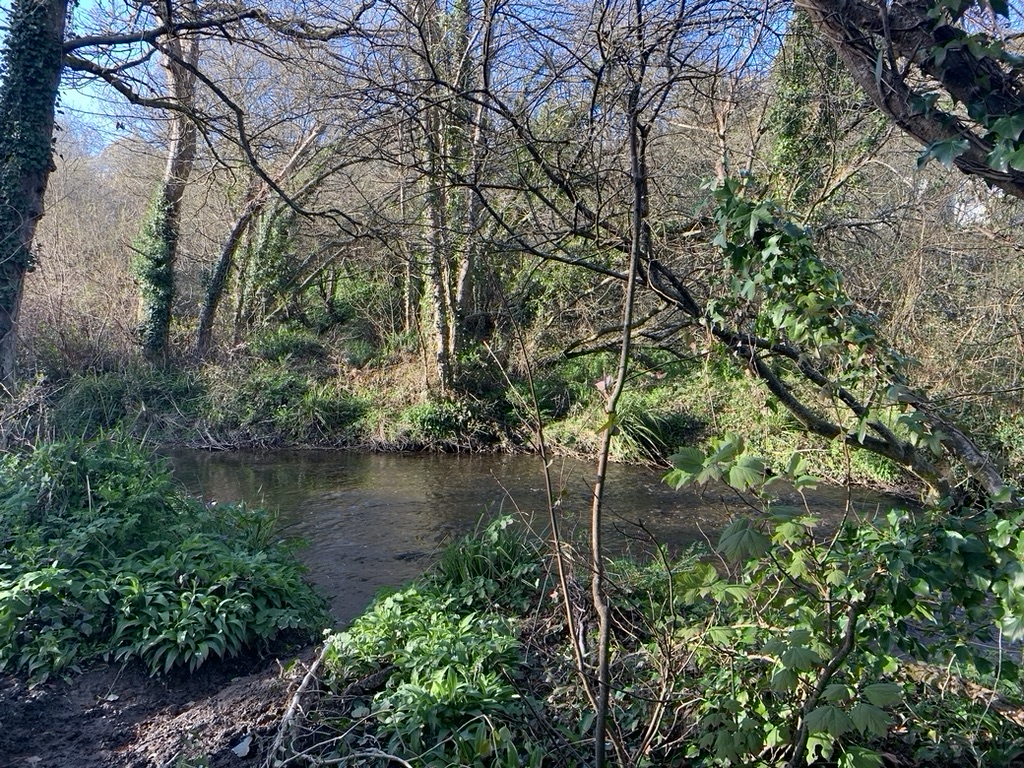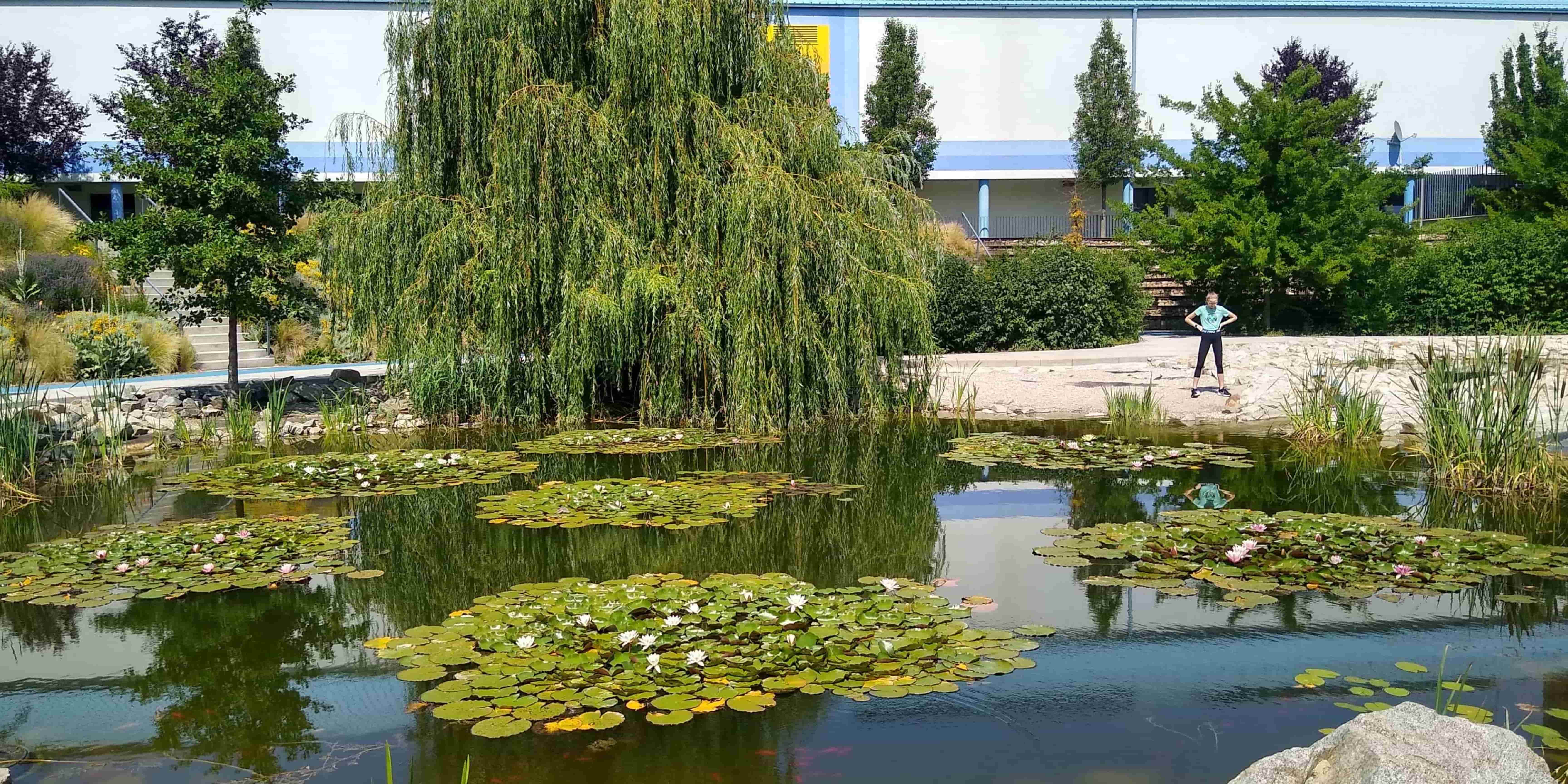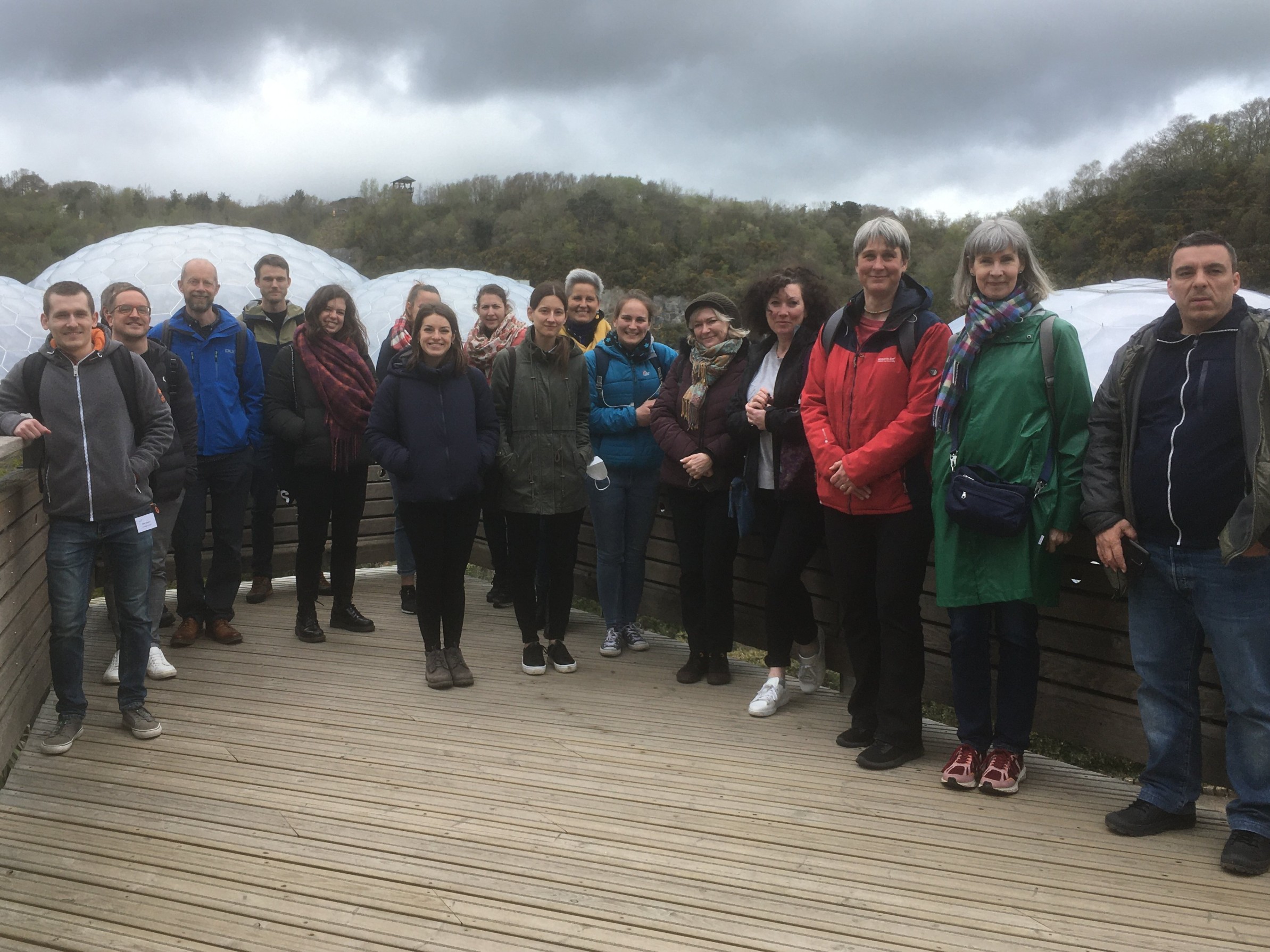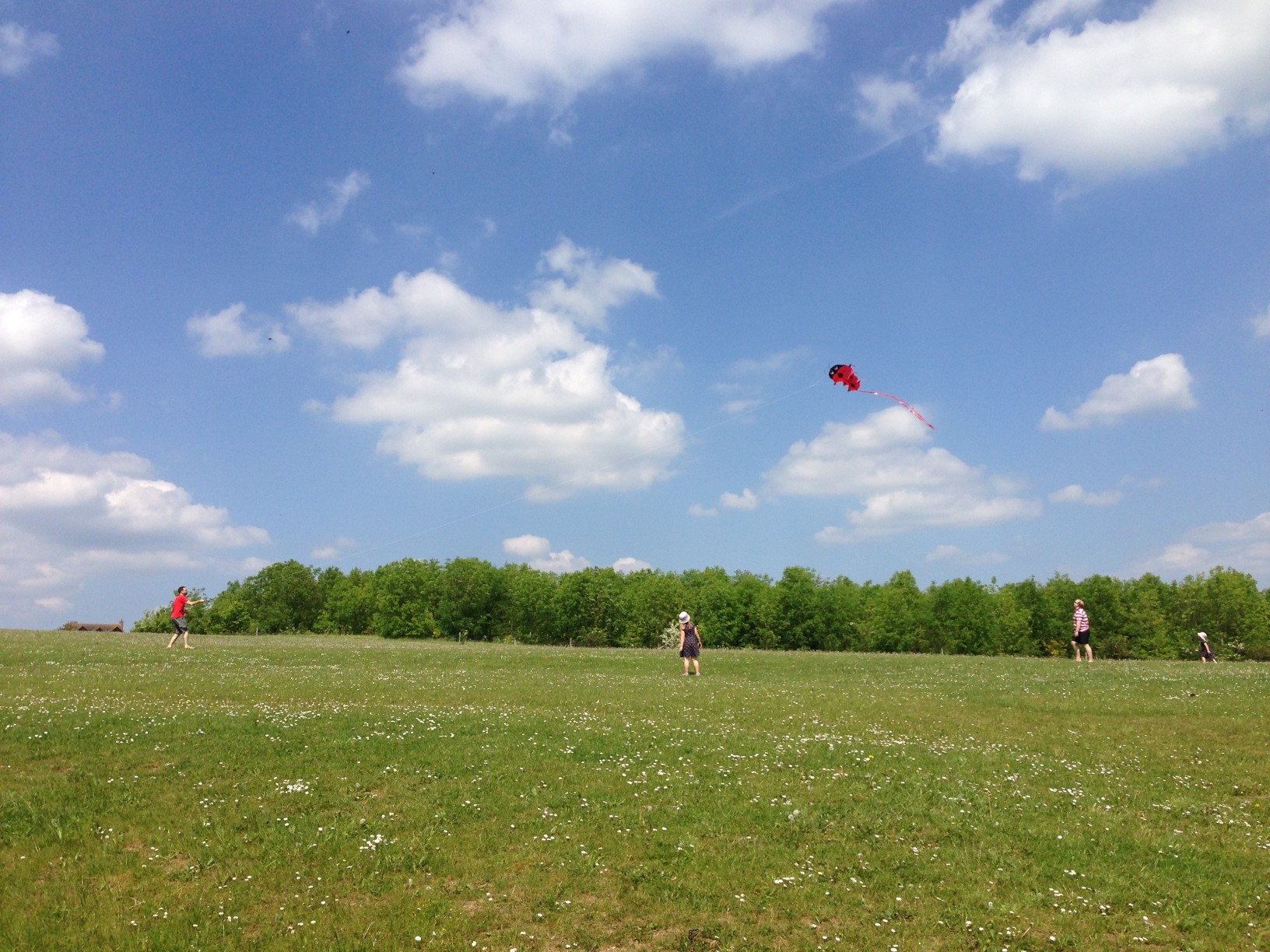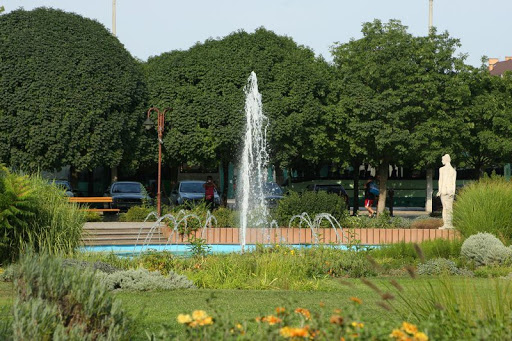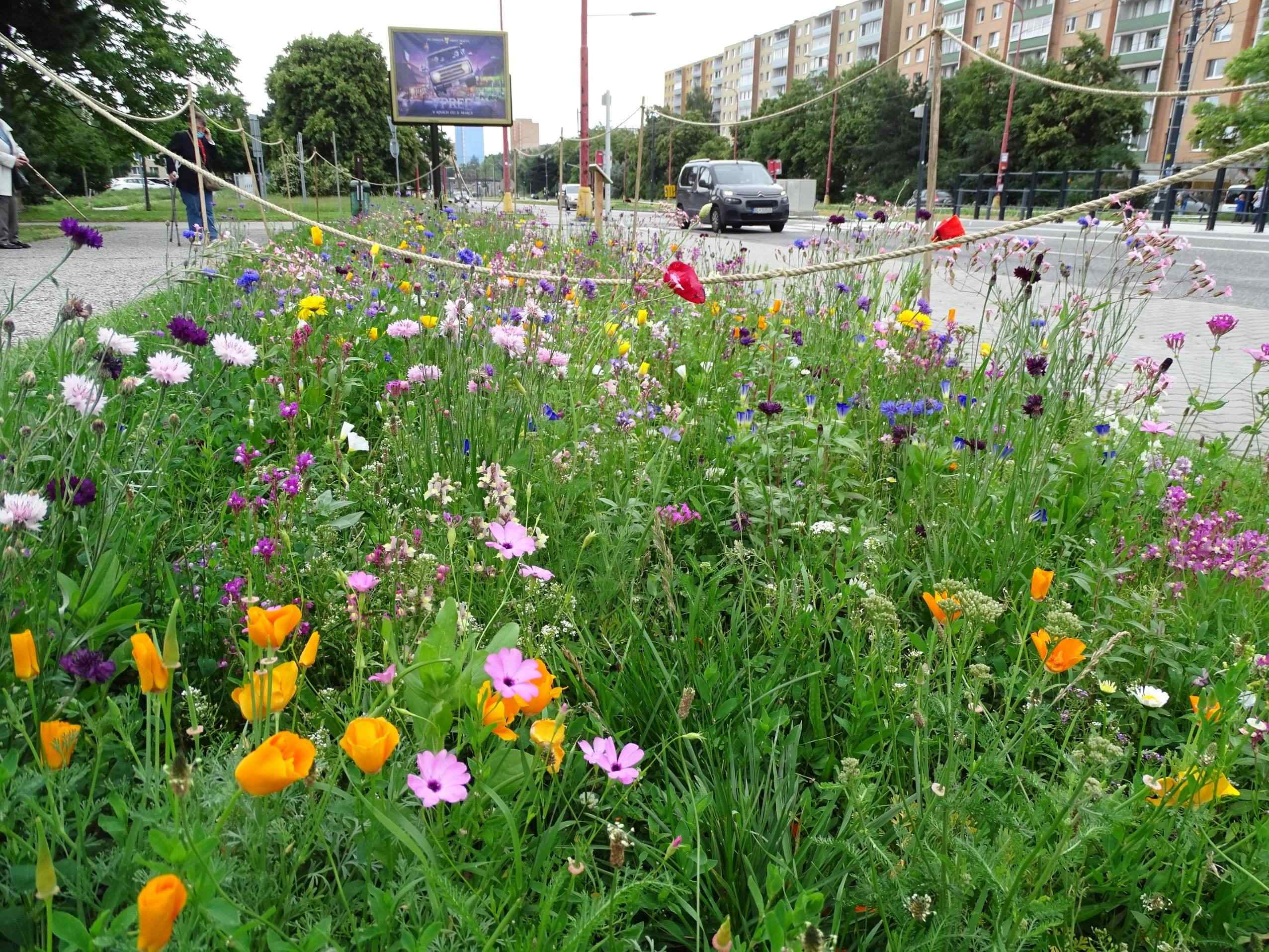On 8th March 2022, the TCPA hosted a PERFECT stakeholder meeting to discuss biodiversity net gain. Biodiversity net gain (BNG) is an approach to development, and/or land management that aims to leave the natural environment in a measurably better state than it was beforehand . In England, national policy says that planning should provide biodiversity net gains where possible, and the 25 Year Environment Plan sets out the aspiration to mainstream biodiversity net gain in the planning system. The aim of the stakeholder meeting was to share information and concerns to facilitate submissions to the Department of Environment, Food and Rural Affair’s consultation on the practical and legal implementation details of mandatory biodiversity net gain in both Town & Country Planning and Nationally Significant Infrastructure Projects.
29 people attended the meeting from 20 different organisations representing the environmental and private sectors and local and national government. The meeting started with short presentations from the Canal & River Trust, the Greater Manchester Combined Authority and the Trees and Design Action Group. Attendees were then split into three smaller groups to discuss ideas and challenges that they foresee with the implementation of biodiversity net gain.
There was a very dynamic and detailed discussion about how to respond to the consultation. The overarching messages from the meeting were:
1. BNG should not be considered in isolation but within the wider context, recognising the social and economic benefits. BNG should be aligned with other national and local strategies (for example health and well-being or recreation strategies) and contribute towards the targets of these strategies.
2. The resourcing of local authorities to meet the requirements of BNG is a serious concern – how are local authorities going to implement the additional workload associated with BNG when there is already a lack of resources and the right skills. Associated costs should be considered early on and central government should provide strong guidance and funding.
3. BNG requirements only consider habitats within the development site boundary. There are concerns around ‘get out’ clauses and that housing developers will argue that delivery of BNG alongside existing policy requirements (such as affordable housing or renewable energy) will result in the development being unviable.


